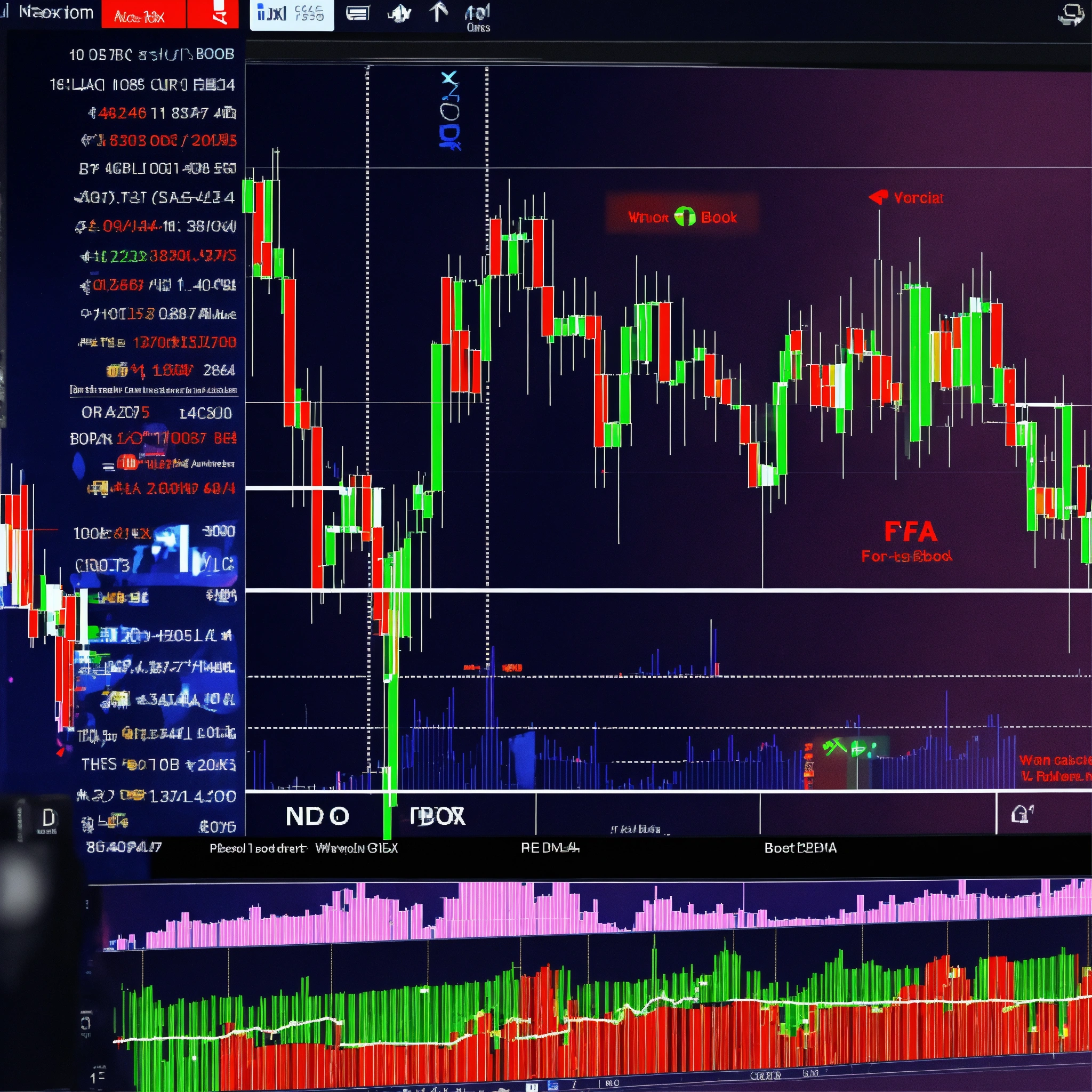When you think about Warren Buffett, you likely picture a savvy investor poring over company reports, identifying undervalued stocks, and building a portfolio that consistently outperforms the market. But there’s another crucial piece of Buffett’s strategy that often gets overlooked: cash reserves.
For Buffett, cash isn’t just something to park in a savings account; it’s a powerful tool that plays a central role in his investment philosophy. Let’s dive into why cash reserves matter so much to the Oracle of Omaha and how you can incorporate this thinking into your own financial strategy.
1. Cash as a Strategic Weapon
To Buffett, cash is like ammunition—it’s not meant to sit idle forever, but it needs to be available when opportunities arise. In his own words: "Cash… is like oxygen: you don’t notice it 99.9% of the time, but when it’s absent, it’s the only thing you notice.”
In the world of investing, opportunities don’t wait for you to gather funds. Market downturns, economic crises, or company-specific challenges can lead to high-quality assets trading at bargain prices. Buffett keeps cash reserves on hand so he’s always ready to pounce when these moments occur.
For example, during the 2008 financial crisis, Buffett used Berkshire Hathaway’s cash reserves to make lucrative deals with companies like Goldman Sachs and General Electric—investments that earned him billions over time.
2. The Importance of Staying Liquid
Many investors make the mistake of staying fully invested, leaving no room for flexibility. While it’s true that sitting on too much cash can mean missing out on market growth, Buffett believes in maintaining a balance. His strategy isn’t about hoarding cash—it’s about staying liquid enough to act decisively when needed.
This approach allows Buffett to remain patient. He doesn’t feel pressured to buy simply because he has money to spend. Instead, he waits for the perfect opportunity, confident that his cash reserves give him the freedom to act when others can’t.
3. Cash Reserves Reduce Risk
One of the most underrated benefits of cash reserves is the safety net they provide. Buffett often emphasizes that Berkshire Hathaway will never rely on borrowing to cover its obligations. This financial stability ensures that he can ride out tough economic times without being forced to sell investments at the wrong moment.
For individual investors, this principle is just as important. A solid cash reserve can help you:
- Avoid liquidating investments during a downturn.
- Cover unexpected expenses without taking on debt.
- Maintain a steady hand when markets are volatile.
Think of cash reserves as your financial buffer—they protect you from making desperate moves that could derail your long-term goals.
4. Cash Reserves Enable Opportunistic Investing
One of Buffett’s most famous quotes is: "Be fearful when others are greedy and greedy when others are fearful." Having cash on hand allows him to act on this philosophy.
When markets are soaring, Buffett often holds back, letting his cash reserves build up. But when fear grips the market and prices drop, he shifts into buying mode. This contrarian approach has allowed him to acquire some of his best investments during times of crisis.
For example, during the COVID-19 pandemic, while many were panicking, Buffett patiently evaluated the market. Though he didn’t make major acquisitions, his cash reserves allowed him to weather the storm and remain ready for future opportunities.
5. Cash Reserves Support a Long-Term View
Buffett’s investment philosophy is deeply rooted in thinking long-term. Cash reserves play a key role in this mindset. They give him the confidence to wait out short-term market fluctuations and focus on investments that will deliver value over decades.
When you have a healthy cash reserve, you’re less likely to get caught up in the emotional highs and lows of the market. Instead, you can take a step back, evaluate opportunities rationally, and stick to your long-term plan.
6. How Much Cash Is Enough?
While Buffett keeps billions in cash at Berkshire Hathaway, the right amount for you depends on your financial goals and risk tolerance. A good rule of thumb is:
- For individuals: Keep 3-6 months of living expenses in an emergency fund, plus additional reserves for opportunistic investing.
- For businesses: Maintain enough cash to cover at least 6 months of operating expenses.
- For investors: Consider keeping 10-20% of your portfolio in cash or cash equivalents, depending on your investment strategy.
The key is to strike a balance. You don’t want so much cash that you’re missing out on growth, but you also don’t want to be caught off guard when opportunities arise.
7. What You Can Learn from Buffett’s Cash Philosophy
Here’s how you can apply Buffett’s approach to cash reserves in your own life:
- Stay prepared: Build and maintain a cash reserve so you can act when opportunities knock.
- Be patient: Avoid the temptation to spend your cash reserves on subpar investments. Wait for high-quality opportunities.
- Think long-term: Use your cash strategically, focusing on investments that align with your goals.
- Stay disciplined: Don’t let market noise or short-term trends push you into depleting your cash reserves unnecessarily.
Final Thoughts
For Warren Buffett, cash reserves aren’t just about safety—they’re about opportunity. They allow him to stay calm during market turmoil, make bold moves when others are hesitant, and always keep a long-term perspective.
By adopting this mindset, you can turn cash from a passive asset into a powerful tool. Build your reserves, stay patient, and remember: in the world of investing, cash isn’t just king—it’s your ticket to financial freedom and strategic success.








0 Comments